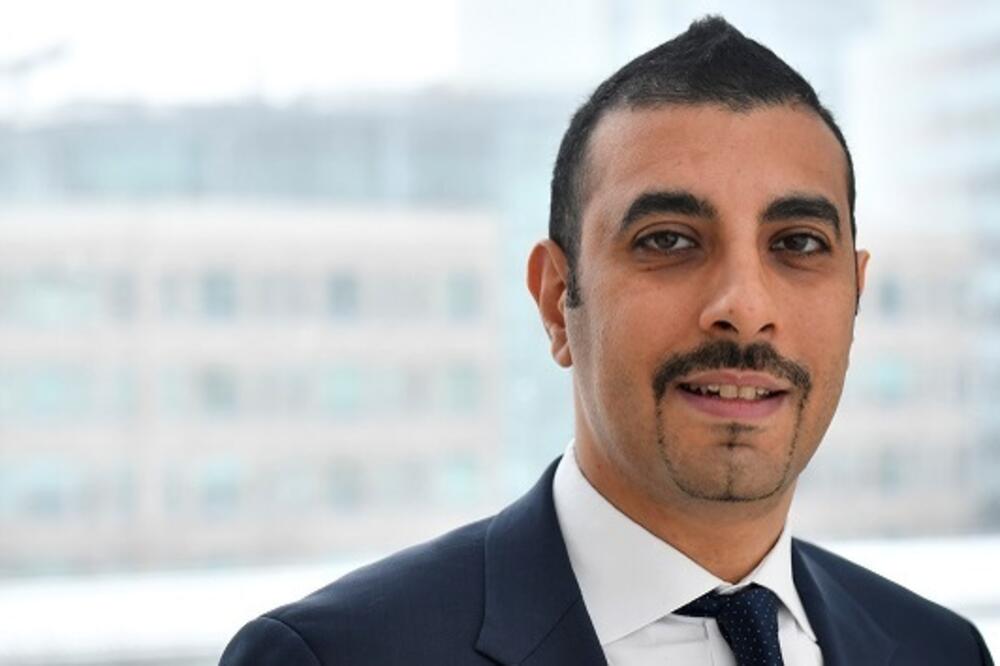The Ministry of Capital Investments announced in July 2022 that Montenegro plans, with the support of the European Bank for Reconstruction and Development (EBRD), to launch a program to establish auctions for renewable energy sources. Although almost all countries in the surrounding area have already held the first auctions, according to EBRD estimates, in Montenegro this mechanism, which serves, above all, to attract private investment in this sector and increase the participation of renewable sources in its energy mix, can only be expected in 2025. years.
More time is still needed to prepare and adopt the Law on Renewable Energy Sources, which is a prerequisite for starting activities on conducting auctions.
"With the help of the consulting team engaged by the EBRD, activities are being carried out on the drafting of the Law on the Use of Energy from Renewable Sources, the ultimate goal of which is to harmonize our regulatory framework with the new Directive (EU) 2018/2001. on the promotion of the use of energy from renewable sources", the Ministry of Energy, whose department is responsible for drafting this law, told "Vijesti".
"EBRD consultants supported the Government in the preparation of a new law on renewable energy that will help in setting up the regulatory framework for holding auctions. The draft law should be completed by the new government," he says Remon Zakaria, executive director of the EBRD in Montenegro.
Renewable energy auctions are procedures through which certain amounts of electricity from renewable sources, for example, solar, wind or hydroelectric power, are sold or allocated to interested investors or energy producers. This model is often used to support the development of renewable energy sources, achieve energy goals and reduce greenhouse gas emissions.
It is in the provisions of the Law on the Use of Energy from Renewable Sources that the basis for starting activities on the implementation of actions will be laid, the Ministry adds.
"Intensive work is being done on the material and we can point out that the Draft Law has been prepared and the process of giving suggestions and comments to the members of the Working Group on the Draft Law is underway. It is planned to hold a meeting soon between the representatives of the Ministry of Energy and Mining and the consulting team, where certain legal solutions would be discussed, so that the final draft of the law could be drafted. We expect that during the year 2024, the final proposal of the law will be determined, which would be sent to the Government", the Ministry of Energy explains the dynamics of work on this law.
The EBRD points out that reforms in this market segment occur at different paces in different countries, depending on regulatory characteristics and relevant complexities.
"We are very pleased that we have started work on this topic in Montenegro and that we are so close to finalizing the first phase of the task, which should lay the foundation for the subsequent implementation of the competitive bidding process in Montenegro.
The EBRD, they say, is fully committed to working with the new Government of Montenegro, on this project and beyond, and has already engaged with the newly formed Ministry of Energy in order to improve the work that has been undertaken so far within this task.
"We hope to see the first auction for RES in Montenegro by 2025," Remon Zakaria points out.
The auction process for renewable energy sources usually works by first defining the capacities, that is, the Government or regulatory body determines a certain renewable energy capacity that will be available through auctions. This may include a certain amount of energy that is expected to be produced or installed.
Then the conditions of the auction are set, including the price per unit of electricity, construction deadlines, technical requirements...
Interested energy producers participate in the auction by submitting bids that include price and other relevant parameters. This may include plant capacity, construction plans, and other information.
After the auction ends, the contracts are awarded to the auction winners. This means that the energy producers who have offered the most competitive conditions will get the right to produce and sell electricity from renewable sources and they are then responsible for the construction and commissioning of the renewable energy project in accordance with the terms of the contract.
Auctions are often used to achieve competition among energy producers, reduce costs of energy production from renewable sources and ensure efficient allocation of resources. This approach is often part of a broader strategy of energy transition and reduction of dependence on fossil fuels.
For example, the first auction in Albania gave the lowest price of solar energy in the Western Balkans (2.489 Eurocents per kilowatt hour). In Serbia, the lowest offered prices for wind energy were 64,48 euros/MWh and 88,65 euros/MWh for solar energy.
Bonus video:





